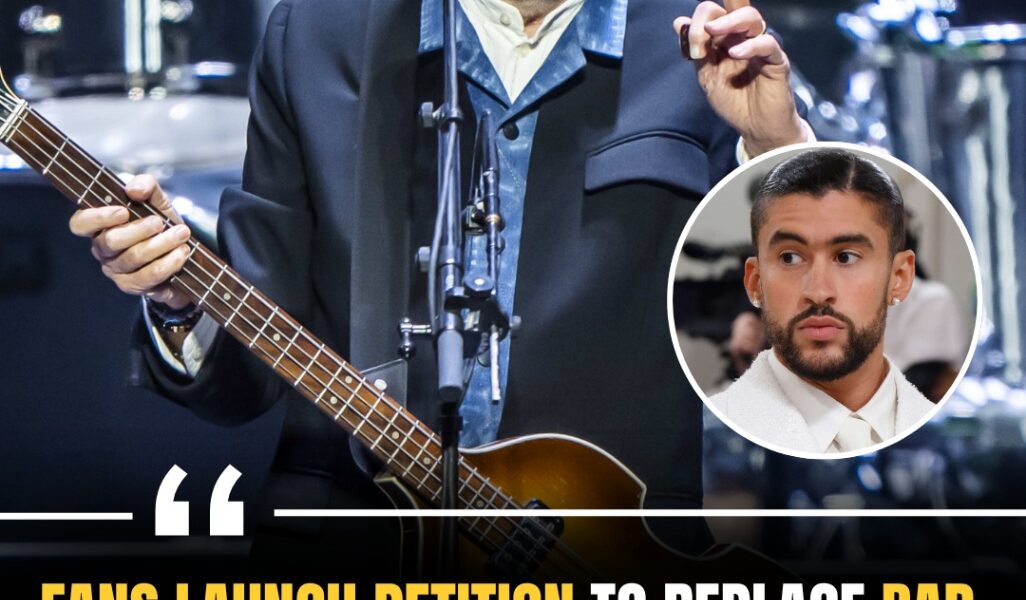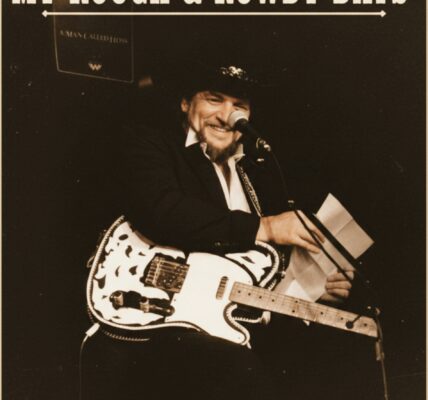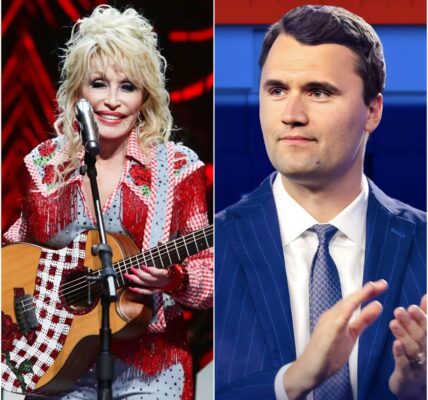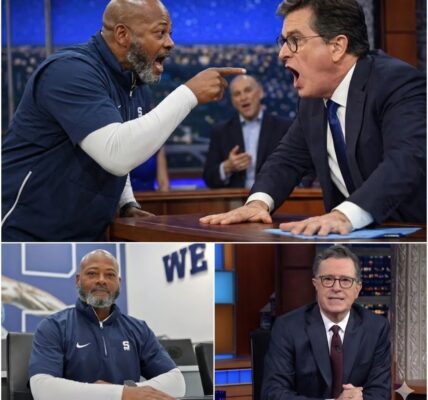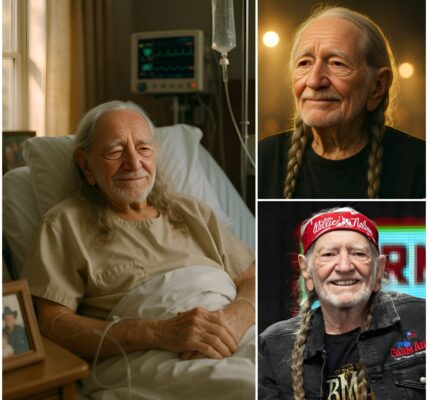Fans Launch Petitions To Replace Bad Bunny With Paul McCartney During Super Bowl Halftime Show
Petitions Signed For Paul McCartney To Replace Bad Bunny At Super Bowl
(Photo by Ethan Miller/Getty Images) Bad Bunny (Photo by John Nacion/Variety via Getty Images)

In one of the most surprising cultural clashes of the year, fans across the nation are now rallying behind a bold new movement: replacing Puerto Rican superstar Bad Bunny with Paul McCartney as the headliner for Super Bowl LX’s halftime show.
The controversy began after the NFL announced on September 28 that Bad Bunny—hailed as the “King of Latin Trap” and one of the most streamed artists in the world—would take the stage on February 8, 2026, in Santa Clara, California. The announcement instantly divided fans, sparking both massive excitement and heated backlash online.
Bad Bunny, whose global hits like Tití Me Preguntó and Me Porto Bonito have dominated charts, is known for his flamboyant performances and unapologetically political style. While many praised the NFL for embracing cultural diversity, others argued the decision strayed too far from the traditional, family-oriented values often associated with football’s biggest night.
Now, a rapidly growing faction of music lovers—especially classic rock and traditional pop fans—are calling for a change. Their pick? Sir Paul McCartney, the legendary Beatle and one of the most respected musicians in history.
One of the most viral petitions, launched by a fan named Kar Shell, has already gathered over 2,000 signatures within days of its posting. Shell’s passionate statement quickly went viral across X (formerly Twitter), Facebook, and Reddit:
“The Super Bowl halftime show should unite our country, honor timeless music, and represent the values that bring generations together,” Shell wrote. “Bad Bunny represents none of these. His performances are controversial, his lyrics are explicit, and his image doesn’t align with the family-friendly tradition we grew up with. Paul McCartney, on the other hand, embodies unity, peace, and music that transcends all barriers.”
Comments under the petition reveal just how emotionally charged this debate has become.
“We need Paul McCartney,” one user wrote. “His music speaks to all ages. The Beatles changed the world, and his songs still do.”
Another added: “Country and rock music have been neglected for too long in these halftime shows. Paul would bring the soul and class this event deserves.”
Even those outside McCartney’s traditional fan base are chiming in. Many agree that the former Beatle’s ability to deliver heartfelt, universally beloved performances would make for an unforgettable Super Bowl moment. His 2005 halftime performance, following the infamous Janet Jackson and Justin Timberlake incident, remains one of the most praised in NFL history — a masterclass in showmanship, musicianship, and pure cultural connection.
McCartney’s track record speaks for itself: a career spanning over six decades, 18 Grammy Awards, and songs that have defined entire eras — from Hey Jude and Let It Be to Live and Let Die and Maybe I’m Amazed. Fans argue that no one bridges generations and genres quite like him.
On social media, hashtags like #McCartneyForSuperBowl and #BringBackRealMusic have started trending, with thousands of fans tagging the NFL and Pepsi (the event’s long-time sponsor) to consider a change. Some even pointed out that McCartney’s recent Got Back Tour proved he still commands global stages with ease, his voice and energy impressively strong for his age.
But it’s not just nostalgia driving this movement. Many believe McCartney could symbolize a cultural reset for the Super Bowl, bringing back artistry and sincerity to a stage that, in recent years, has leaned heavily into spectacle, controversy, and viral moments.
Even industry insiders are weighing in. One anonymous source reportedly close to the NFL’s entertainment team told Music Daily, “There’s a real conversation happening internally. The petitions and social media pressure haven’t gone unnoticed. While the league rarely changes course after an announcement, this year’s response has been unusually intense.”
Meanwhile, Bad Bunny’s fans have come out in full force defending their idol. Supporters argue that his selection represents progress and inclusivity — a recognition of Latin culture’s growing influence on global music. “Bad Bunny has earned his place,” one fan tweeted. “He’s breaking language barriers, uniting fans from different backgrounds. That’s what football is supposed to be about, too.”
Still, the push for McCartney keeps gaining steam. Some petitions have called for a compromise — a joint performance featuring both artists, symbolizing generational unity and cultural collaboration. Others say the NFL should “honor American and British musical history” by allowing McCartney to headline, perhaps inviting surprise guests to modernize the show without losing its heart.
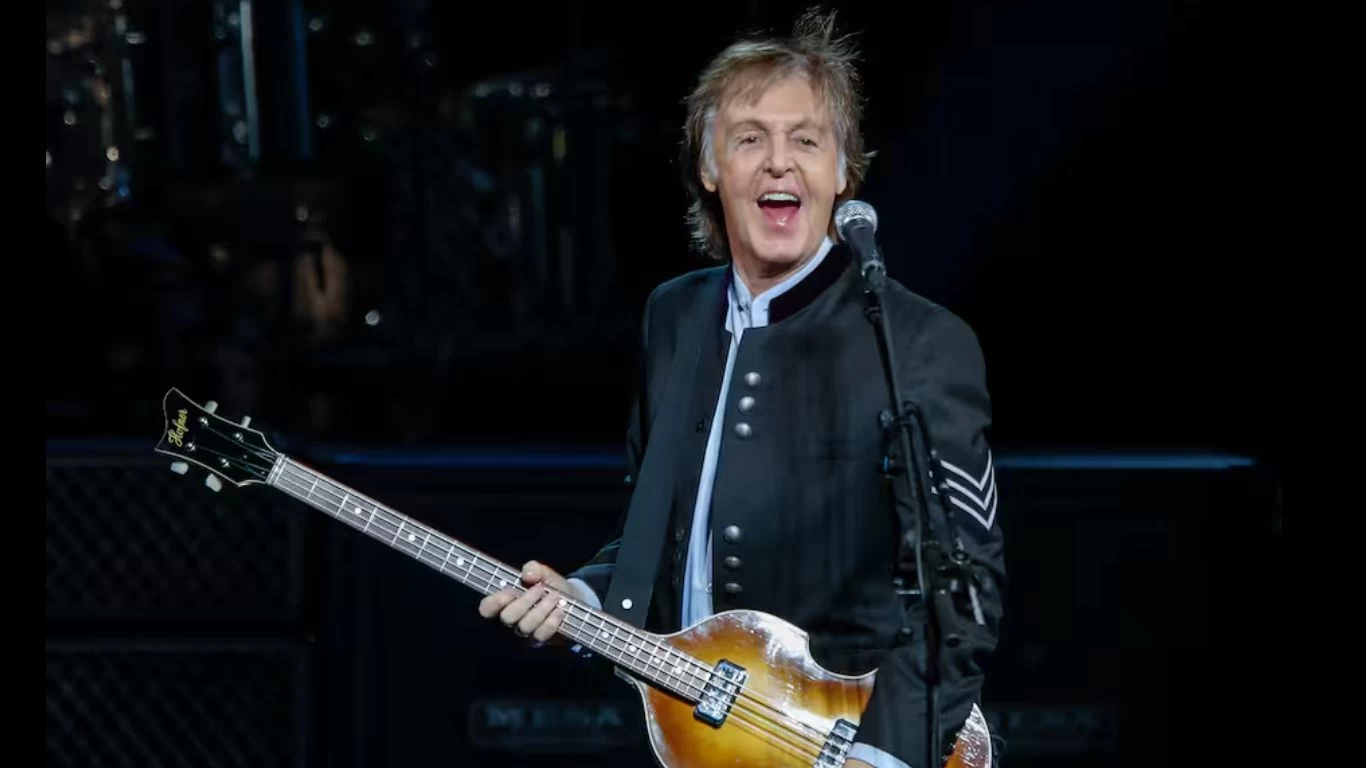
For now, the NFL has remained silent on the growing debate. But with each passing day, the calls for McCartney grow louder — and the movement feels less like a nostalgic wish and more like a cultural statement.
As one commenter on the petition perfectly summed it up:
“In a world full of noise, Paul McCartney still sings truth, harmony, and hope. That’s what we need on Super Bowl Sunday.”
Whether the NFL will listen remains to be seen, but one thing’s certain — this is shaping up to be one of the most talked-about halftime show controversies in recent memory.
Super Bowl LX, set for February 8, 2026, may yet become not just a game, but a showdown between two generations of music — one defined by rhythm and rebellion, and the other by melody and meaning.
